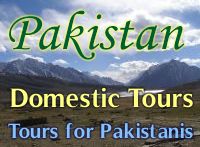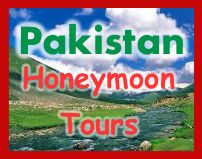Definitions:
Following
group of people, and their complete design for living. Culture is not restricted to any
particular field of knowledge; it includes ways of behaviour derived from the whole
range of human experience and activity. Culture encompasses the techniques and
methods of art, music and literature, but also those used to make pottery, sewing or
building houses. Culture is also defined as the whole-complex of distinctive
spiritual, material, intellectual and emotional features that characterize a society or
social group. It includes not only arts and crafts, but also modes of life, customs,
value systems, traditions and beliefs.
Cultural Tourism:
Cultural
and events. It is important to stress that cultural tourism involves not only tangible
or visible heritage such as sites, colours, materials and settlement patterns but also
intangible heritage such as social structures, traditions, values and religion. These
include; historical places narrative of the past heritage of the country; museums,
repository of curiosity mainly of arts, crafts, artefacts and archaeological sites dug
out of the earth.
Historical Places:
Museums:
A
Archaeological Sites:
Famous
Advertisement
Advertise on this site click for advertising rates






